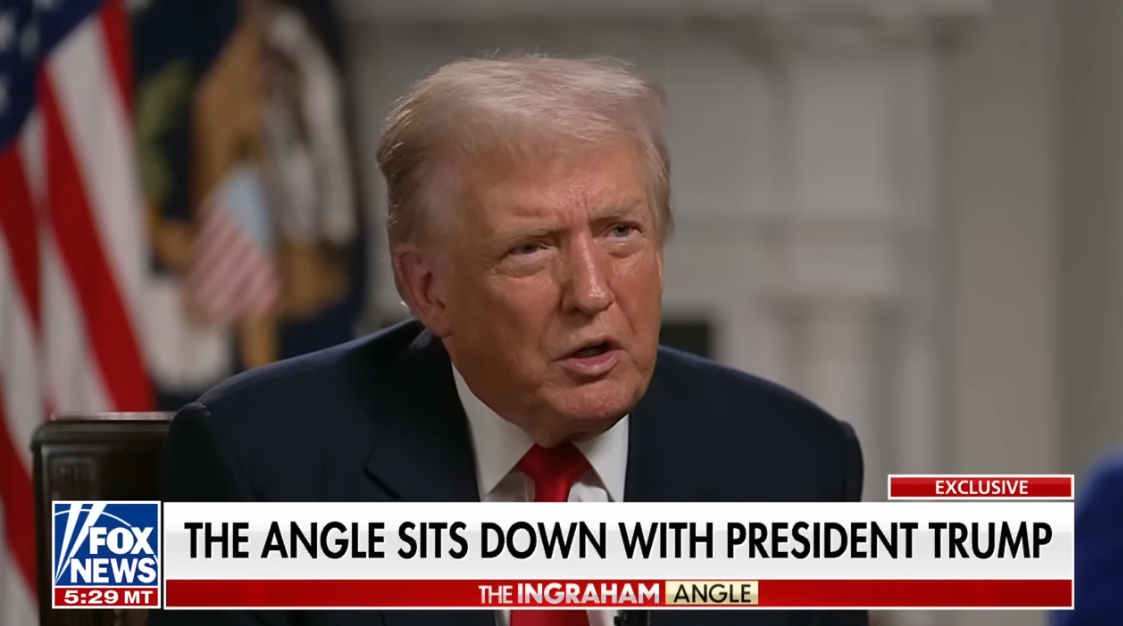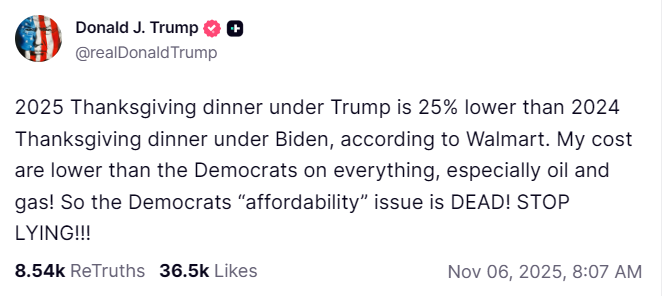Category: Politics
-
Trump’s Privately Funded White House Ballroom: Risks, Ethics, and Historical Context
President Donald Trump’s proposal to construct a large, privately funded ballroom on the White House grounds has generated widespread concern over transparency, donor influence, and the preservation of a historic federal landmark. While presidents have overseen renovations to the White House in the past, the scale, financing structure, and political context of this project make…
-

Trump Discusses Government Shutdown, China Policy, and Controversial Positions in Fox News Interview
President Trump clashed with Fox News host Laura Ingraham over allowing 600,000 Chinese students in U.S. universities, defended demolishing the White House East Wing for a $250 million privately-funded ballroom, and claimed Democrats wanted $1.5 trillion for healthcare for “11,888 murderers” who entered the country illegally.
-
Analysis of Oregon v. Trump: Federal Court Ruling on National Guard Deployment
This is significant constitutional case, raising profound questions about the balance between security and liberty, federal and state power. The court sided decisively with the Founders’ caution about military power, requiring genuine emergency conditions, not mere law enforcement difficulties, before soldiers can be deployed domestically.
-
Analysis of the James Comey Criminal Case: Motion to Dismiss and Government Response
FBI Director James Comey, who was fired for his handling of the FBI’s investigation into Trump, may now become the test case for whether a President can use prosecutorial power against political enemies – the very thing Comey warned about when Trump first took office. Comey argues vindictive and selective prosecution. This is an analysis…
-
Trump and Orbán Bilateral Meeting: Hungary Seeks Russian Energy Exemption as Leaders Discuss Ukraine Peace, Immigration, and “Golden Age” in Relations
Trump and Orbán Bilateral Meeting: Hungary Seeks Russian Energy Exemption as Leaders Discuss Ukraine Peace, Immigration, and “Golden Age” in Relations.
-
The Tucker Carlson – Nick Fuentes Interview: A Fracture In American Conservatism
The Tucker Carlson-Nick Fuentes interview controversy matters not because one conversation will determine American politics, but because it concentrates multiple tensions within conservatism into a single episode. It forces questions about movement boundaries, leadership accountability, institutional authority, and ideological coherence that conservatives would prefer to avoid but can no longer ignore.
-

President Trump Misinforms America on Thanksgiving Prices
President Trump claims prices of a Thanksgiving dinner have declined, but the data he cites does not support his conclusion.
-
Trump Announces GLP-1 Agreement, Discusses Tariffs, Shutdown, Other Topics
The meeting covered drug pricing details, Most Favored Nations policy, Medicare/Medicaid expansion, TrumpRx.gov platform, manufacturing investments, negotiation process, tariff strategy, Supreme Court case, the medical incident, CEO remarks, FDA vouchers, safety questions, MAHA movement, and extensive Q&A on government shutdown, air traffic control, Thanksgiving costs, India relations, NYC politics, and healthcare reform.
-
Remarks: Donald Trump Hosts a Breakfast for GOP Senators at the White House – November 5, 2025
Analysis of remarks by President Donald Trump. He uses an authoritarian-populist influence style that trades procedural restraint for speed and dominance, using fear-laden narratives and high-certainty promises to justify institutional shortcuts and identity-based mobilization.
-
Fact-Check: Trump’s 60 Minutes Interview on Indictments, Presidential Records, and Retribution
This interview excerpt demonstrates President Donald Trump’s consistent approach of reframing legal accountability as persecution, misrepresenting legal standards and facts, using grievance-based rhetoric to deflect from direct questioning, and presenting subjective characterizations as established facts.
-
Comey Argues Vindictive and Selective Prosecution
Seeking to dismiss the government’s case, James Comey argues vindictive prosecution and selective prosecution.
-
Summary of James B. Comey’s Motion to Dismiss Indictment
This motion presents a fascinating challenge to a federal criminal prosecution based on congressional testimony. Let me break down what’s happening here and why the defense believes these charges should be dismissed before trial.